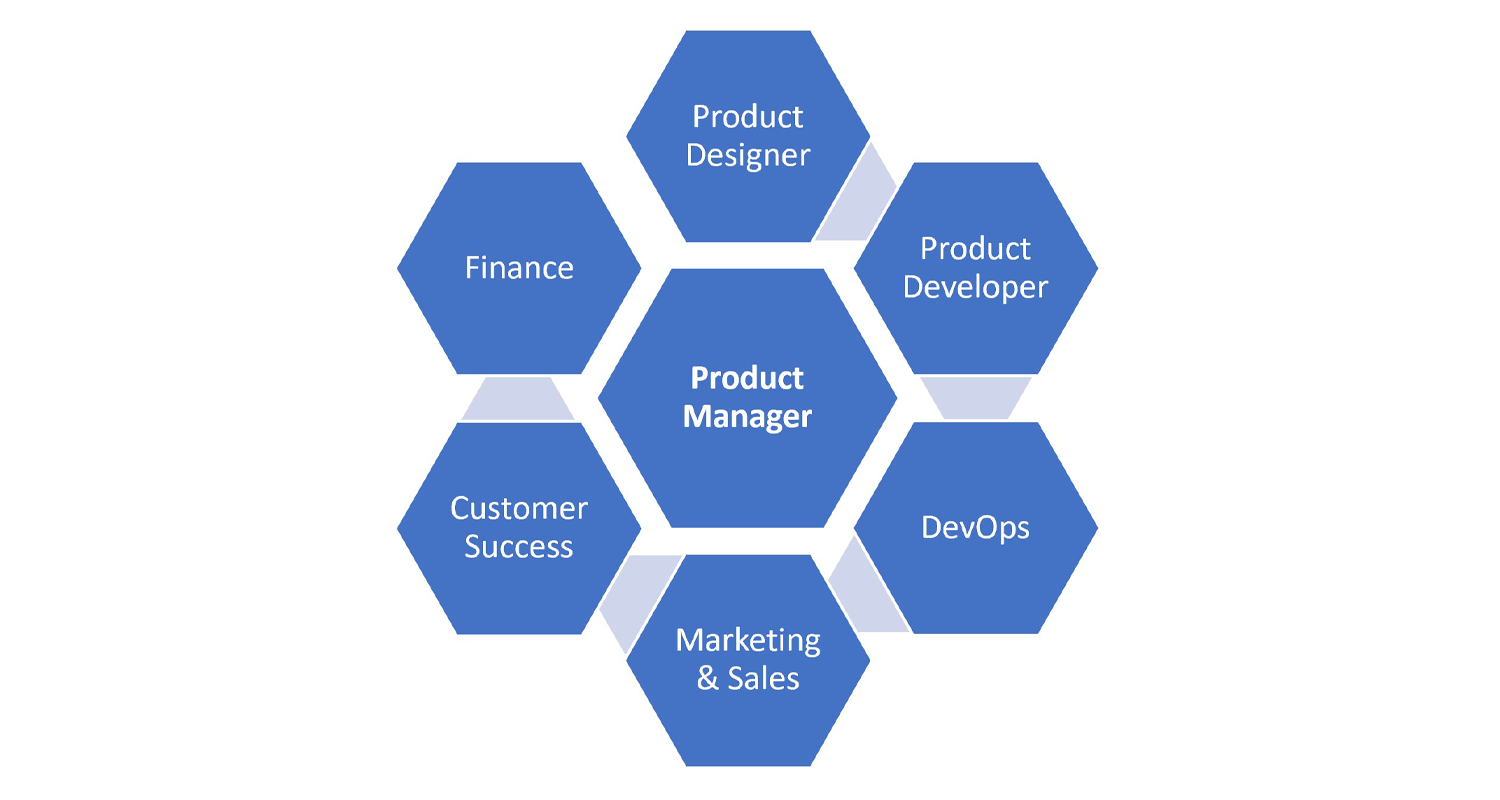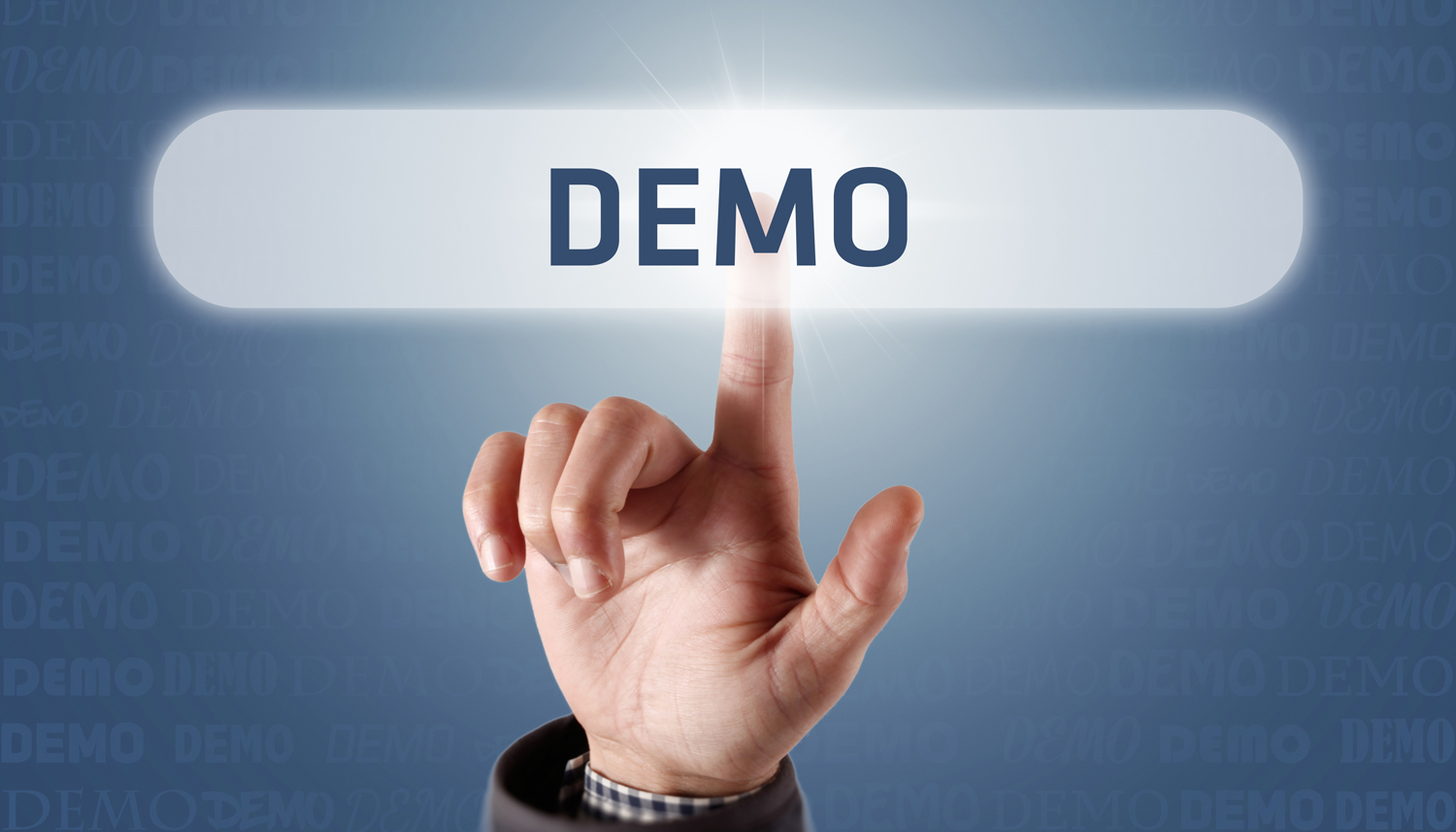Digital native product managers (DNPMs) are product managers (typically Gen Zers and Millennials) who grew up with the ubiquitous presence and influence of the internet, mobile apps, and other modern technologies. I have had the good fortune to be around many DNPMs. This is as a result of my work with early-stage SaaS companies and my work as a Senior Operating Partner at PeakEquity Partners. In addition, my Product Executive in Residence and teaching role in the MS in Product Management program at Carnegie Mellon University (CMU) has informed my perspective, including a product case I use in my courses related to a new career management platform for professionals. Through these experiences, I learned that DNPMs have a distinct perspective on the discipline of product management.
- Purpose-built PM Tools are Preferred: DNPMs think instinctively about their use of automated tools to support all facets of the product management life cycle. They are driven by a central source of truth for all PM artifacts and loathe the idea of informal and unstructured Google or MS Office docs driving the PM process. One DNPM I know went so far as to create a PM tools taxonomy.
- Analytics Drive Outcomes: They also thrive on deeply understanding and acting upon product adoption and usage data from platforms like Gainsight, Pendo, and the like. Grad students in my CMU PM course thrived on the exposure they received from the product analytics platform (thanks to the generosity of Gainsight) and were energized by what such tools have to offer a PM in terms of insights, actions, and the flexibility to configure solutions to specific needs.
- Design Appeal is Critical: Design tools such as Figma, Balsamiq, and Sketch are widely used by DNPMs. The aesthetics and usability of an app are of critical importance to DNPMs and most of them think of their PM role as partly a product design role. Almost every DNPM I work with has some flair and deep appreciation for design, including keen awareness and use of A | B and multivariate testing.
- Products that matter: Most DNPMs really care about the purpose of the products they work on and want those products to serve some social good. While compensation is a consideration for them, working on products that matter to them is also a critical driver.
- Mobile First: Given the mobile nature of how digital natives live their lives, it follows that they often have a mobile perspective on apps, even if not designed from a mobile-first perspective. Mobile is always on their minds. In fact, various studies suggest that digital natives spend upwards of 4+ hours a day on their mobile devices.
- Gamification Impacts Adoption: The mobile nature of their lives means that DNPMs also think instinctively about gamification when it comes to products. The example I offer here is that in the product case I used for my class, gamification did not even enter my mind. In every case, all 10 product teams had some element of gamification in their product solution.
- Collaborate to Problem Solve: The networked nature of digital native life also means that digital natives are very collaborative in their problem-solving approach. This includes the use of shared whiteboards, Trello, and related shared workspaces. This was equally true pre-COVID for digital native PMs as many were at least working part of the time remote before the pandemic began. In addition, as one DNPM put it “we are always thinking of smooth and flexible sharing mechanisms within a product. We want to share what we are doing, our achievements, a song we like, a movie we enjoyed, an achievement we unlocked. This is part of why we are so connected.”
- Crowd-sourced Feedback: A collaborative mindset also means that digital natives are very astute at seeking out opinions from their peer group on many things, including product work around design, tools, etc. This is a carryover from their personal lives, where digital natives rely on and post to review sites such as Yelp, Google Reviews, the App Store, G2, Capterra, Trust Radius, and the like. Another keen insight shared with me by a DNPM is that DNPMs seek integrated feedback mechanisms baked into the products they use, whether it’s an easy way to leave comments, seeing live edits, or being able to simultaneously turn on video chat within a workspace such as the “Go Live” feature in pitch.com.
- Global Mindset: The international demographic of the DNPM workforce and the fact that the majority of students in my CMU MS PM courses are from outside of the USA, strongly supports my leaning that these PMs are comfortable thinking about products from a global perspective. Issues such as localization, customs, currency, payments, ecosystems, channel partners, pricing, etc., and the international implications of the same are front and center with most digital PMs.
- ML native: DNPMs have the advantage in that ML has come of age and offers leveraged platforms for building systems of insight in products. Digital natives are keenly aware of and rely on ML in their personal lives. For example, ML-generated insights influence much of the personalization they experience in apps (i.e., Spotify wrapped playlist, Netflix recommendations, etc.). These personal experiences also carry over and influence their product mindset.
As a more mature and seasoned PM, it has been useful for me to reflect on the craft of PM as practiced by my digital native colleagues. I have much to learn from them and would challenge more experienced PMs to consider what they can learn from their digital native counterparts. Indeed, good product managers must be committed to lifelong learning and DNPMs provide a wonderful opportunity to do so.
Credits: Thank you to the CMU MSPM 2021 Cohort, and to three of the most talented digital native product managers I know: Al Nejmeh, Scott Williams, Jeff Monteiro.





